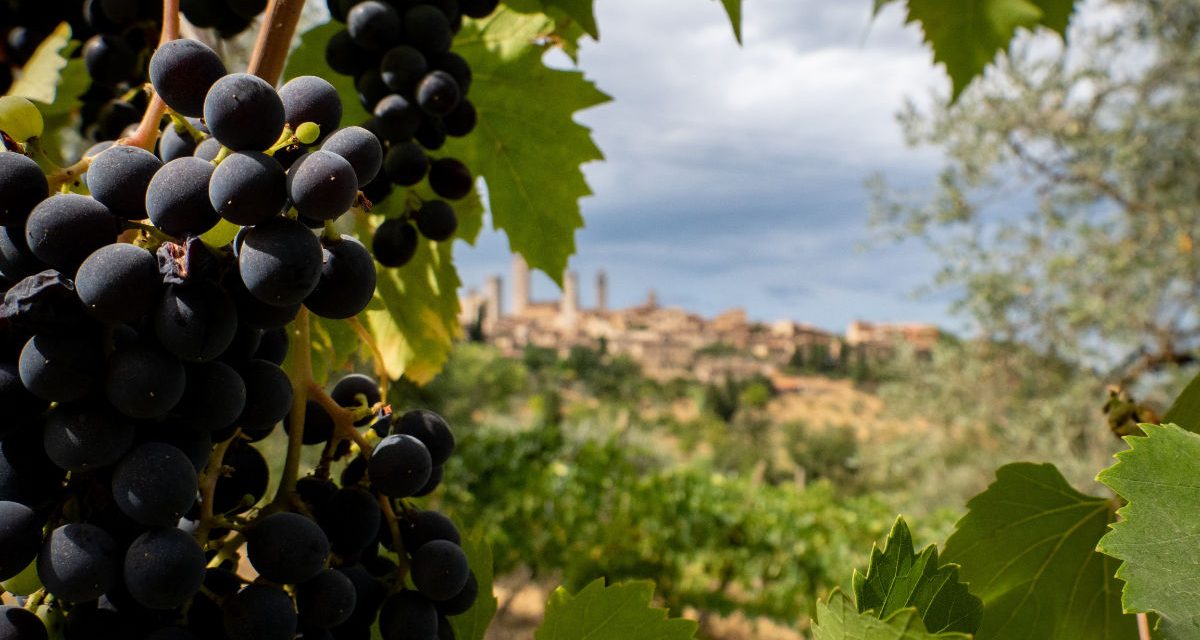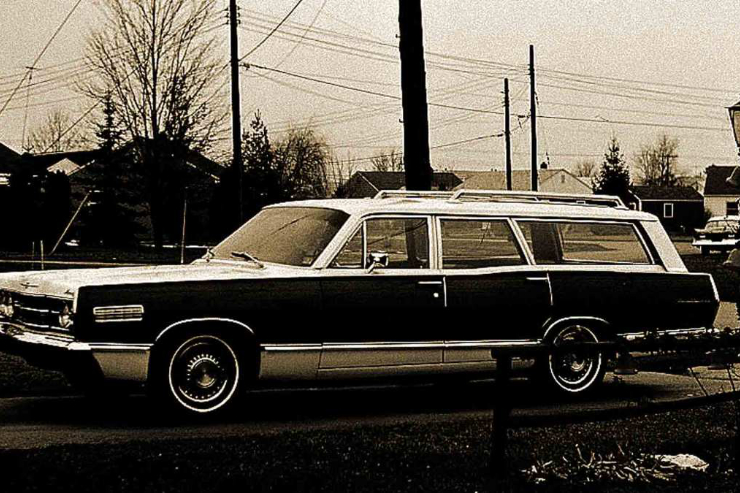“What if we instead showed that those laborers in the vineyard had it better than the idlers in the market?”
This Sunday’s Gospel brings us yet another parable about the kingdom. It doesn’t follow the other kingdom parables we heard back in July, which came from the Kingdom Discourse in Jesus’ public ministry (Matthew 13). Instead, this one comes later, shortly after the rich young man comes to ask Jesus what he has to do to gain eternal life (Matthew 19:16).
After he goes away sad, unwilling to part with his possessions, Peter asks Jesus: “We have given up everything and followed you. What will there be for us?” Jesus reassures him, “Amen, I say to you that you who have followed me, in the new age, when the Son of Man is seated on his throne of glory, will yourselves sit on twelve thrones, judging the twelve tribes of Israel. And everyone who has given up houses or brothers or sisters or father or mother or children or lands for the sake of my name will receive a hundred times more, and will inherit eternal life. But many who are first will be last, and the last will be first” (Matthew 19:28-30).
Then we get this somewhat enigmatic parable about the landowner and the vineyard workers. What if Jesus was preparing the Apostles for what they were to do when that young man did come back, years later?
Think of it: what if, twenty years later, that man–not so young anymore–comes back to the Apostles? He’s ready now. He wants to become a Christian. He’s ready to do what it takes to follow Christ.
These Apostles have suffered and sacrificed. They have been whipped. James has been killed. Now this guy wants to join us, after he’s spent the last twenty years living off his riches, eating and drinking, living comfortably? Perhaps as he’s facing the end of his life, now he’s decided to become Christian? It would be tempting to tell him he had already been given his chance, wouldn’t it? …Or do they welcome him into the Church because they are so happy and want him to be happy too?
Of all the kingdom parables, this one can be hardest for cradle Catholics. It’s easy to view ourselves as the early workers. Are we workers working in the heat of the day? Perhaps it’s easy to be jealous of those who came at the end but received the same payment.
At first glance, it is easy to imagine myself getting angry. I worked hard the entire day…when seemingly I did not have to? I could just come in at the very end and collect my same denarius. How is that justice? Why didn’t I spend the day goofing off? I should have spent my life having fun, not worrying about the commandments or precepts of the Church. Why not make a deathbed confession and receive the same heavenly reward?
I remember being taught that we should not aim for deathbed confessions, because death could come at any time. Don’t rely on being in the last group of workers because you might not have a chance for confession. What happens if by the end of your life, your heart is too hardened and you don’t want to repent? What if death comes unannounced?
Looking back, while not only is this a skewed presentation of the mercy of God, this is one of the least helpful ways to teach this parable. It fits into a spirituality based on fear, a morality based on rules, and a view of God as judge. But for many Catholics, this is our view of God, whether we are aware of it or not. I must spend my days being a good Catholic, obeying all the rules, getting an A+ on my heavenly report card, just in case judgment comes quicker than expected.
What if we instead showed that those laborers in the vineyard had it better than the idlers in the market? What if we taught that working for the King is a good thing? Do we really believe the early workers were blessed to get the job early? Is it not a gift to spend their day – their lives – as active members of a beautiful Church, the Body of Christ, working for Jesus?
If we present the Gospel as a list of rules, it is no wonder people would rather shoot for those deathbed confessions.
As the early workers, we must ask ourselves: how are we examples of the Christian life? Do we show people a life that is full and abundant? Do we exemplify a life full of joy? If so, they’ll want to join us in the vineyard. If instead we show them a life burdened by rules, pessimism, and thankless labor, why would they want to hear this supposed “good” news?
Are we happy to be working for the Father? Are we living as free sons and daughters in the house of our loving Father? Or are we the older son in the parable of the the prodigal son, who is living with his loving Father but sees himself as a slave (Luke 15:11-32)?
Do we see God as the Divine Scorekeeper or the Divine Lover? He wants us to rejoice in his vineyard. Let us examine our witness and see what we are preaching to the world.
Image credit: Photo by Flo P on Unsplash
Please help spread the Gospel. Share this article with family and friends on Facebook and other social media.
We strive to operate on a very small budget, but we need your help. Both one-time and monthly donations are welcome. Just $10 a month will help cover the cost of operating Integrated Catholic Life for one day! Please help us bring enriching and inspiring Catholic content to readers around the world by giving today. Thank you!














